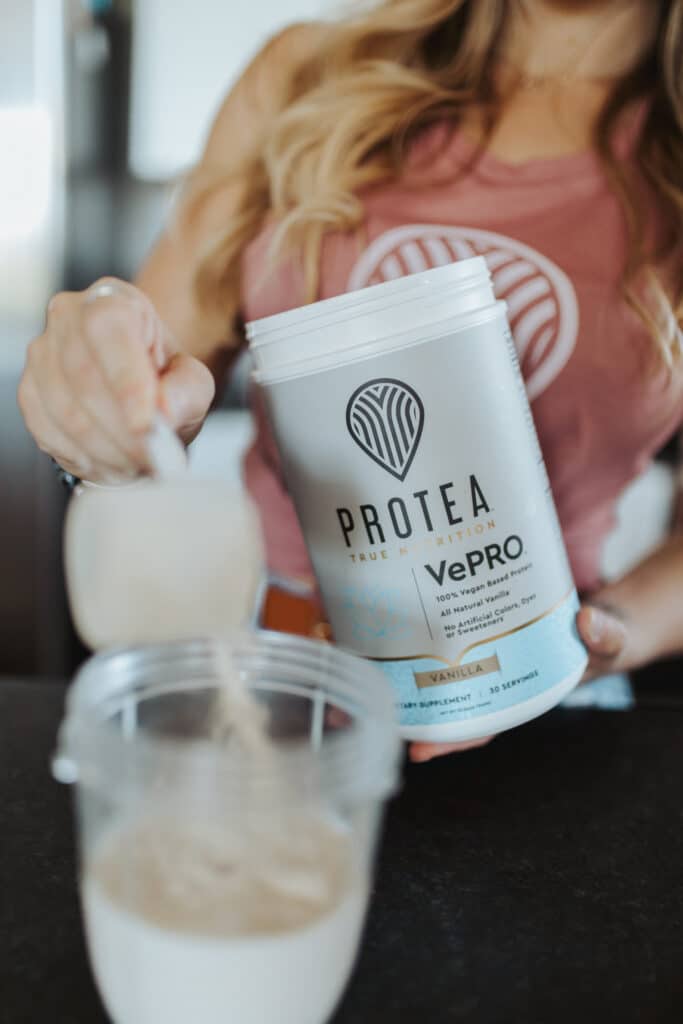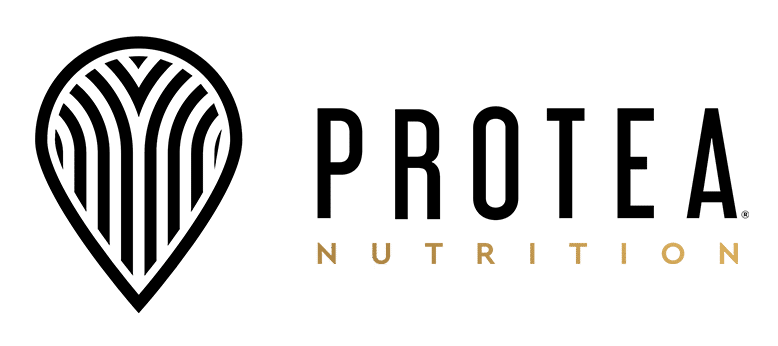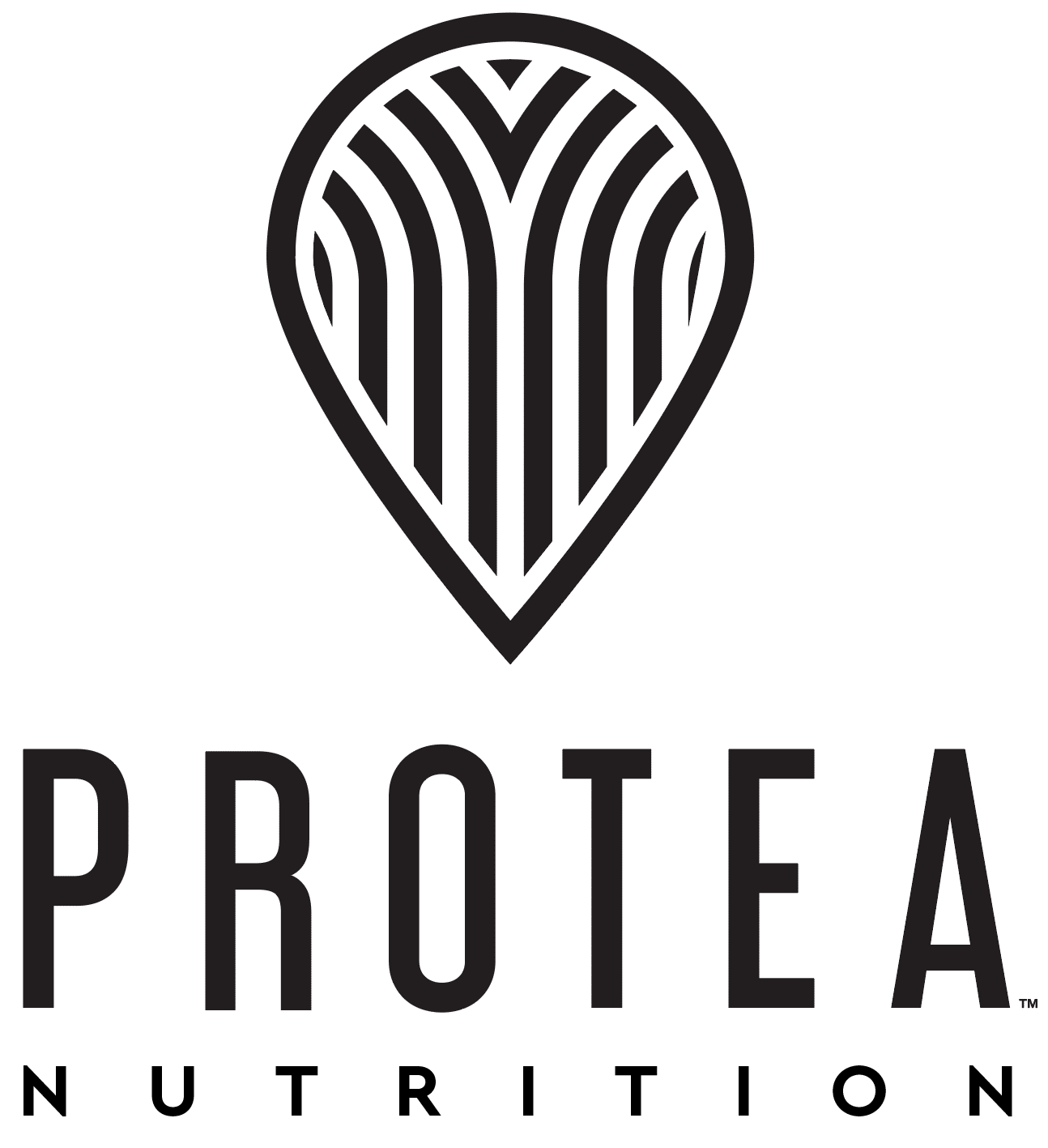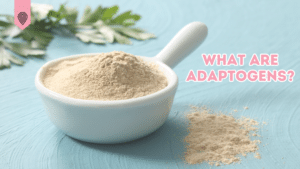What is Protein?
Protein is one of six essential nutrients. This means we must get protein from the foods we eat every day because our bodies do not make it. Protein is instrumental for building and repairing bodily tissues, like our muscles. It also makes up enzymes that drive metabolic reactions and keep the immune system strong (1).

How Much Protein Do We need?
The consensus among health agencies is that for adults over 20 years old, we need .8g of protein per kilogram of bodyweight per day (2). However, this recommendation is typically aimed at the average sedentary adult to prevent protein deficiency. Perhaps a better recommendation is that 10-35% of daily caloric intake should come from protein (3). For example, on a 2,000 calorie a day diet, this would mean that roughly 200-700 calories should come from protein. This equates to 50-175grams of protein per day.
For those who exercise regularly, protein requirements are higher to maintain and build lean muscle mass. The recommendation is about 1.1- 1.5 grams of protein per kilogram of body weight (3). Those who are overweight are advised to see a dietician to help determine protein requirements, so they aren’t overestimating protein needs.
Is there such a thing as too much protein?
In short, yes. The body can’t store protein, so once needs are met, any extra is used for energy and burned off, or stored as fat. Just like carbohydrates and fat, any nutrient in excess is stored as fat in the body.
Who is at risk of too little protein?
As you age, you begin to lose muscle mass and strength. Usually, you begin to lose muscle mass in your 30s and 40s and the process picks up between ages 65 and 80. Everyone loses muscle mass as they age, but those with a condition known as sarcopenia, lose it quicker. Sarcopenia is a type of muscle atrophy most caused by the natural aging process (4). However, other factors may play a significant role as well. These factors include obesity, physical activity, insulin resistance, inadequate protein intake and other chronic diseases.
As a result, the protein recommendation as we age switches from .8 grams per kilogram of bodyweight to 1 gram per kilogram of body weight. For those actively weightlifting, their recommendation will also be higher than the 1.1-1.5 grams per kilogram of bodyweight.

How to Increase Protein Consumption
Everybody needs protein and needs to be consuming enough protein. Women especially tend to struggle with protein intake as compared to men (5). Whether this is due to lack of knowledge on the subject, lack of understanding of nutrition, and/or dislike of wholesome protein options, women seem to struggle with getting adequate protein.
The best options for protein sources are lean meats like chicken breast, turkey, fish and seafood, eggs, and organic dairy. However, for many, taking a protein supplement can also help to increase intake. Be wary of protein supplements as they are not created equal. When choosing a supplement, look for two grams or less of saturated fats per serving. Protein should be between 15-25g of protein per serving with less than five grams of sugar. Look for any artificial ingredients and fillers and steer towards options with no trans fats or partially hydrogenated oils.
A great option is our plant based protein supplement, VePRO. It comes in a great tasting vanilla or chocolate cacao flavor. It is gluten and dairy free and void of any gut-disrupting and artificial ingredients. VePRO is made from organic brown rice and natural pea proteins. Try it alone or mixed into oatmeal, cereal, and baked into desserts and snacks!
The contents of this blog should not be taken as medical advice. It is not intended to diagnose, treat, cure, or prevent any health problem-nor is it intended to replace the advice of a physician. Always consult your physician or qualified health professional on any matters regarding your health. These statements have not been evaluated by the Food and Drug Administration. This product is not intended to diagnose, treat, cure, or prevent any disease.





